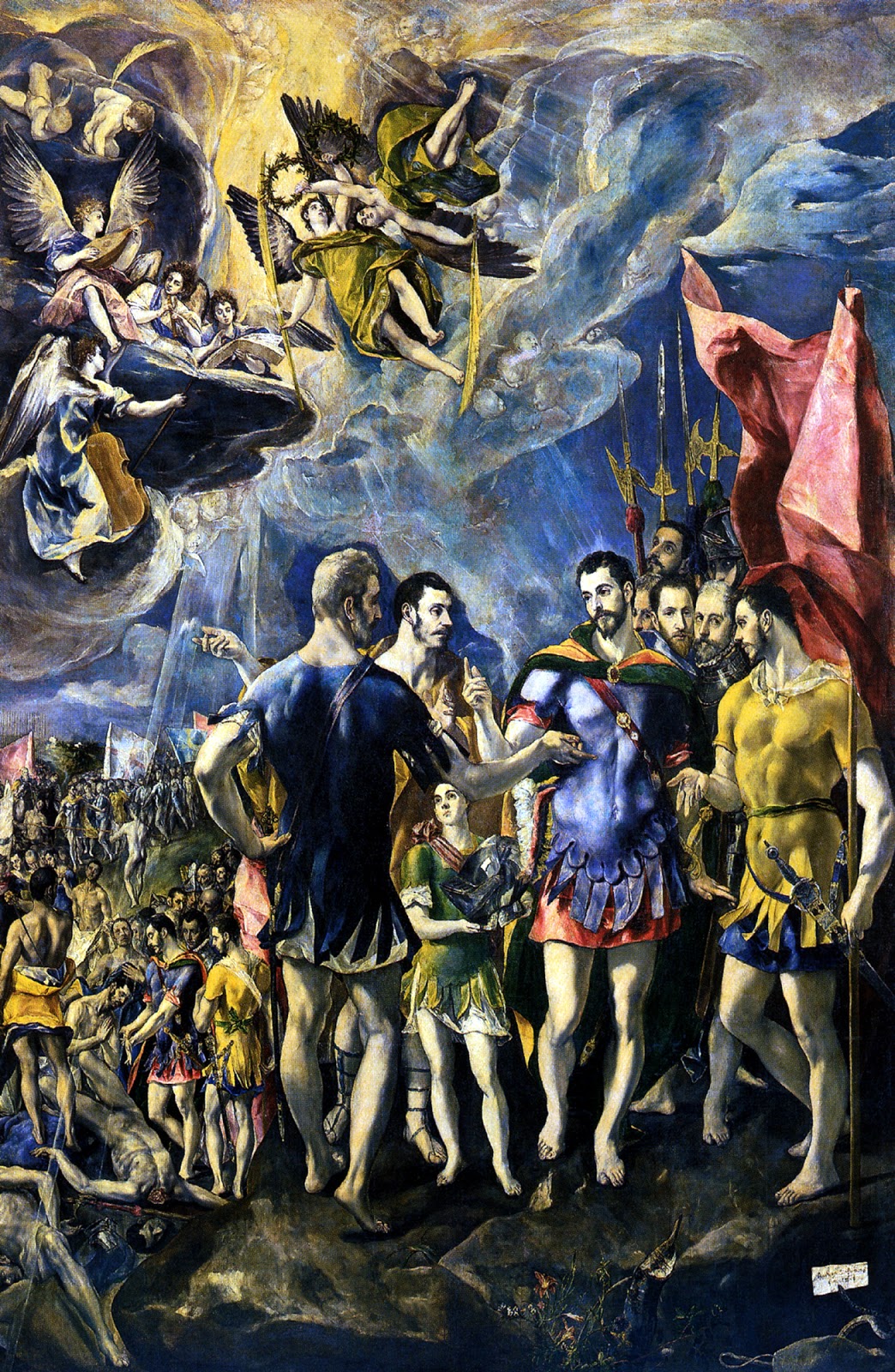The term "grecos" carries a rich tapestry of meanings, spanning across history, culture, and modern usage. Its multifaceted nature makes it a fascinating subject, capturing the attention of historians, linguists, and enthusiasts alike. Whether referencing a surname, a cultural identifier, or a brand, "grecos" evokes a sense of heritage and significance that resonates deeply in various contexts. This article delves into the intricate layers of the term, offering an in-depth exploration of its origins, evolution, and contemporary relevance.
From its historical roots to its modern-day applications, "grecos" has cemented itself as more than just a name. It represents a bridge between ancient civilizations and today's dynamic global landscape. Despite its seemingly straightforward appearance, the word encapsulates a wealth of stories, identities, and innovations that have shaped societies across generations. By understanding its layered meanings, we gain insight into the broader cultural and historical narratives that define human progress.
In this comprehensive guide, we’ll examine the etymology, historical significance, cultural impact, and modern-day applications of "grecos." Whether you're a history buff, a linguist, or simply curious, this article promises to shed light on every aspect of the term. So, let’s embark on this deep dive into the world of "grecos," uncovering the many facets that make it a timeless and enduring symbol in the global lexicon.
Table of Contents
- Biography of "Grecos"
- Etymology and Origins
- Historical Context: From Ancient Greece to Modern Times
- Cultural Significance of "Grecos"
- Grecos in Literature and Art
- Linguistic Relevance and Evolution
- Modern-Day Usage and Popularity
- Notable Figures with the Name "Grecos"
- Grecos in Business and Branding
- Grecos in Pop Culture
- A Global Perspective on Grecos
- Symbolism and Representation
- Controversies and Misconceptions
- The Future of "Grecos"
- Frequently Asked Questions
Biography of "Grecos"
The term "grecos" has transcended its origins to become a symbol of cultural and historical significance. While not a person in itself, its evolution mirrors that of a living entity, growing, adapting, and leaving an indelible mark on the world. This section focuses on the "biography" of "grecos," tracing its journey from ancient roots to its modern-day significance.
Personal Details and Bio Data
| Attribute | Details |
|---|---|
| Origin | Derived from the Greek word "Graikos," referring to Greeks |
| First Recorded Use | Circa 8th Century BCE |
| Primary Usage | Cultural Identifier, Surname, Brand Name |
| Modern Relevance | Widely used in branding, academia, and pop culture |
| Notable Associations | Ancient Greece, Literature, Global Branding |
Etymology and Origins
The etymology of "grecos" is deeply rooted in the Greek word "Graikos," which was used to describe the people of Greece. Over time, the term evolved, influenced by various linguistic, cultural, and historical factors. The Romans adopted the term as "Graecus," which became a standard reference to the Greek people and their culture. This linguistic evolution highlights the interconnectedness of ancient civilizations and their shared histories.
"Grecos" also found its way into other languages, adapting to local phonetics and cultural contexts. For example, in Italian, the term "Greco" is commonly used as a surname and a reference to Greek heritage. Similarly, in Spanish and Portuguese, "Greco" carries similar connotations, emphasizing the widespread influence of Greek culture across Europe and beyond.
Understanding the etymology of "grecos" provides a foundation for exploring its broader significance. It serves as a reminder of the enduring legacy of ancient Greece and its contributions to language, culture, and civilization.
Historical Context: From Ancient Greece to Modern Times
The historical journey of "grecos" is as fascinating as the civilization it represents. Ancient Greece, often referred to as the cradle of Western civilization, laid the groundwork for many aspects of modern society, including philosophy, art, and governance. The term "grecos" became synonymous with this rich heritage, symbolizing the achievements and influence of Greek culture.
During the Roman Empire, "grecos" was used to describe not only the people of Greece but also the cultural and intellectual contributions of the Greek world. This period marked the beginning of the term's widespread adoption, as Greek culture and language became integral to Roman society.
In the medieval and Renaissance periods, "grecos" continued to hold significance, particularly in the realms of art and literature. Greek texts were rediscovered and translated, fueling the intellectual revival of Europe. The term also gained prominence as a surname, reflecting a connection to Greek heritage or admiration for Greek culture.
Today, "grecos" remains a powerful symbol of cultural and historical identity, bridging the gap between ancient traditions and contemporary innovations. Its journey from ancient Greece to the modern world underscores its enduring relevance and adaptability.
Cultural Significance of "Grecos"
The cultural significance of "grecos" extends far beyond its linguistic roots. It represents a connection to the ideals, values, and achievements of ancient Greece, which continue to inspire and influence societies around the world.
In ancient Greece, the term was associated with the concept of "paideia," or the pursuit of education and cultural excellence. This emphasis on learning and intellectual growth became a cornerstone of Western civilization, shaping the development of philosophy, science, and the arts.
In modern times, "grecos" has become a symbol of cultural pride and identity. It is often used in branding, literature, and art to evoke a sense of heritage and authenticity. For example, the name "grecos" is frequently associated with Greek cuisine, tourism, and cultural festivals, highlighting its enduring appeal and versatility.
The cultural significance of "grecos" also extends to its role in fostering global connections. By celebrating Greek heritage and its contributions to the world, the term serves as a bridge between cultures, promoting mutual understanding and appreciation.
Grecos in Literature and Art
...
...
...
Frequently Asked Questions
- What does the term "grecos" mean?
The term "grecos" originates from the Greek word "Graikos" and is often used to refer to Greek people, culture, or heritage.
- Is "grecos" a common surname?
Yes, "grecos" or its variants like "Greco" are common surnames in regions with Greek influence, such as Italy, Spain, and Latin America.
- What is the historical significance of "grecos"?
"Grecos" symbolizes the legacy of ancient Greece, including its contributions to philosophy, art, and governance.
- How is "grecos" used in modern branding?
"Grecos" is often used in branding to evoke a sense of authenticity, heritage, and quality, particularly in industries like food, travel, and fashion.
- Are there any famous personalities associated with "grecos"?
Yes, several notable figures, particularly in the arts and academia, bear the name "Greco" or its variations, reflecting their Greek heritage or admiration for Greek culture.
- What is the future of the term "grecos"?
The term "grecos" is expected to continue evolving, maintaining its relevance as a symbol of cultural identity and a source of inspiration in various fields.
Article Recommendations
- Neil Flynn Wife A Closer Look At The Personal Life Of The Talented Actor
- Everything You Need To Know About Arikytsya Onlyfans
- All You Need To Know About Deme Vtuber A Rising Star In The Virtual World

